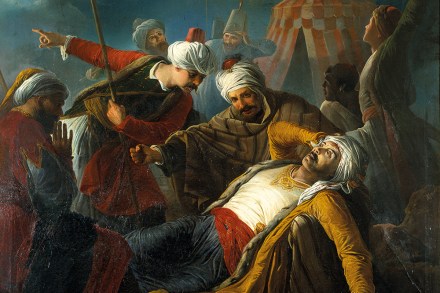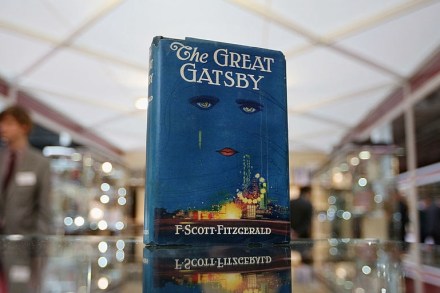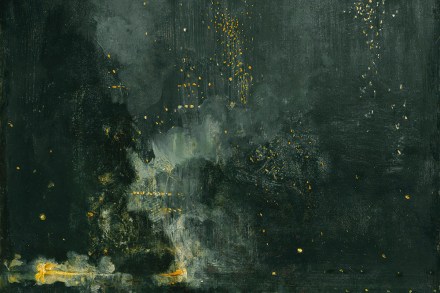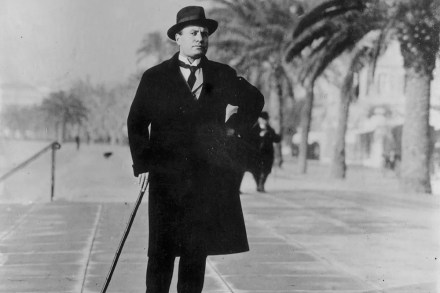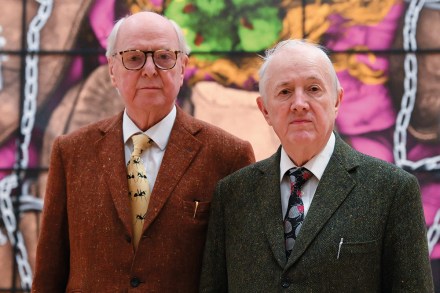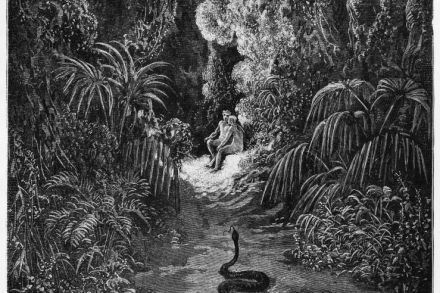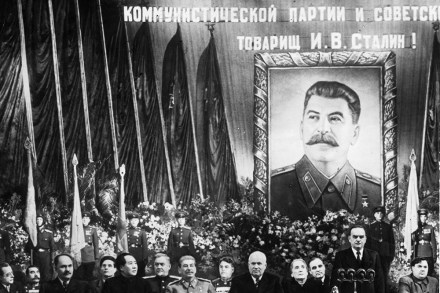Freddy Gray, Tanya Gold, Rose George, Toby Young and Rory Sutherland
28 min listen
On this week’s Spectator Out Loud: Freddy Gray reads his letter from Washington D.C., and reveals what Liz Truss, Eric Zemmour and Steve Bannon made of Trump’s inauguration (1:22); Tanya Gold writes about the sad truth behind the gypsies facing eviction in Cornwall (7:15); Rose George reviews The Forgotten Sense: The New Science of Smell, by Jonas Olofsson, and explains the surprising link between odour disgust and political attitudes (13:07); Toby Young provides his favourite anecdotes about President Trump, having crossed paths with him in New York City in the 1990s (18:39); and, Rory Sutherland proposes a unique way to solve Britain’s building crisis: ‘Areas of Outstanding Natural Ugliness’ (23:40). Produced


